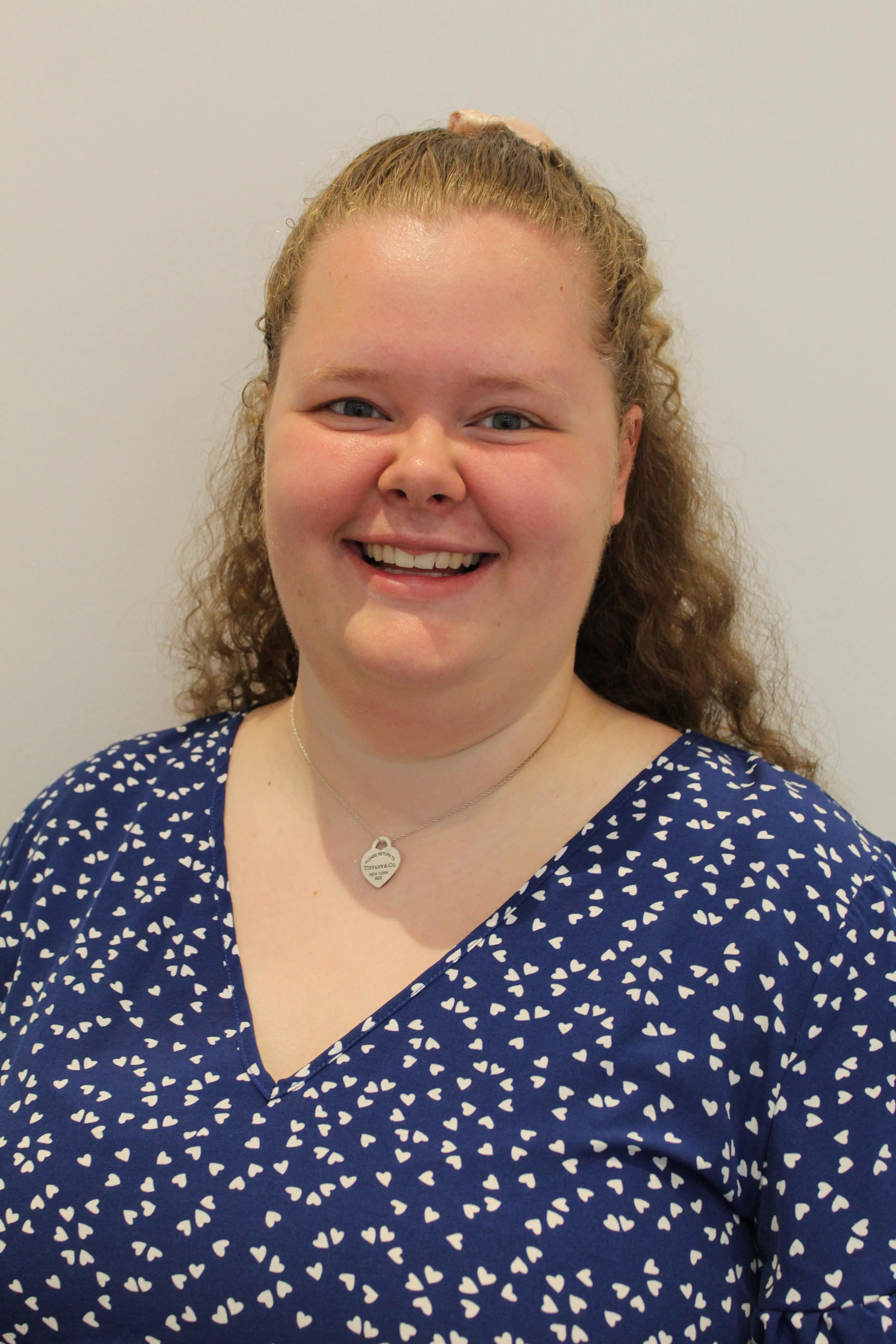When you graduate, you’ll meet the academic and clinical standards you need to register as a children’s nurse with the Nursing and Midwifery Council. Our course follows the standards set by the NMC, but you’ll also be able to pick option modules to explore your own interests.
We want you to feel confident in your practice, and able to deliver safe, effective and compassionate person-centred care to your patients. We’ll also help you develop the tools to refine your skills throughout your career.
As well as clinicians, you’ll learn from academics who bring their research into the classroom. You’ll learn what impact it has and how the work they do is informing practice. If you’re interested in research, you’ll also have opportunities to get involved.
You’ll have the option to complete an elective placement in the UK or overseas. Unlike your other placements, this is something you’ll organise yourself in an area that interests you. Past students have found placements in Nepal and Ghana, as well as close to their hometowns in cities like Manchester and Liverpool.
We’re a mixed community. People of all ages, cultures, and backgrounds join us because nursing at King’s will give them a great start to their careers. That diversity means you’ll always fit in, and always have something new to learn.





